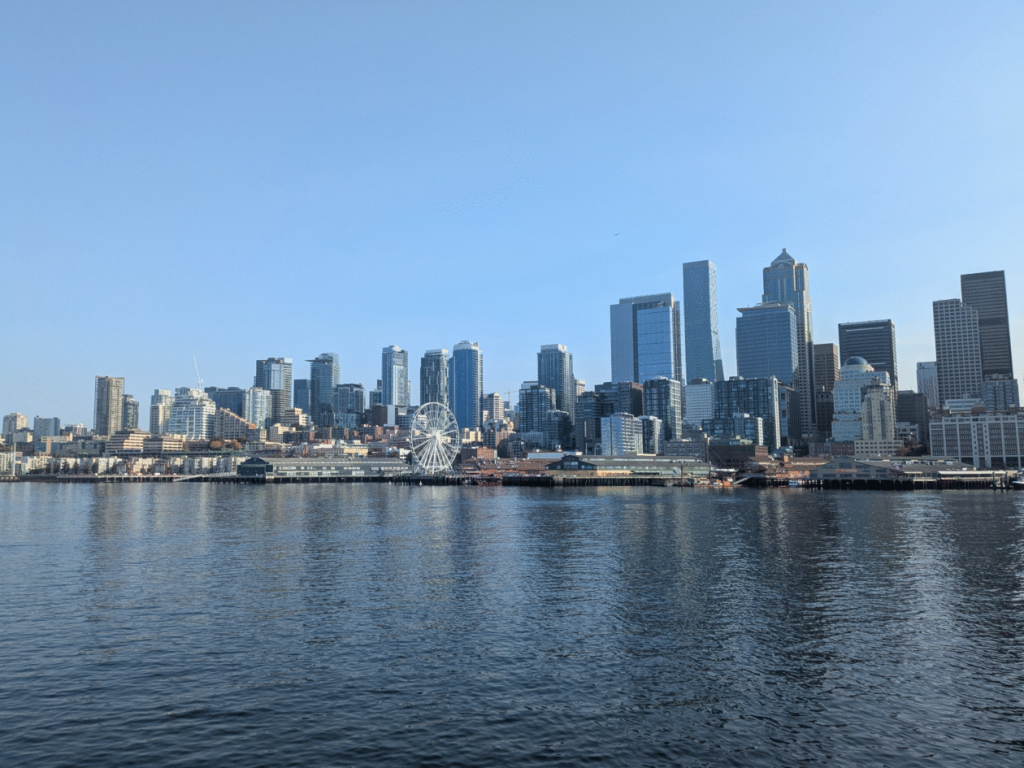Cascadia’s AI Opportunity: Potential for Global Leadership in Responsible Artificial Intelligence
The Pacific Northwest stands at a pivotal crossroads in the artificial intelligence revolution, according to a comprehensive new report released by the Cascadia Innovation Corridor. The study paints a nuanced picture of the region encompassing Seattle, Portland, and Vancouver, B.C., highlighting its extraordinary potential to become a world leader in responsible AI development while simultaneously warning of significant challenges that could undermine this promising future. As former Washington Governor Chris Gregoire eloquently states in the report’s foreword, “We created companies that transformed global commerce. Now we have the chance to add another chapter — one where Cascadia becomes the world’s standard-bearer for innovation that uplifts both people and planet.”
The Cascadia region possesses remarkable strengths that position it favorably in the competitive AI landscape. A Boston Consulting Group analysis included in the report ranks Seattle fourth among 18 major North American tech hubs, behind only Boston, Austin, and Raleigh. While Portland and Vancouver place lower at 13th and 14th respectively, the combined economic might of the three cities approaches that of the world’s 18th largest economy. This economic powerhouse is built upon tech giants like Microsoft and Amazon in Washington, Oregon’s silicon chip manufacturing capabilities, and Vancouver’s quantum computing innovations. The region’s academic institutions further bolster its position, with the University of Washington, University of British Columbia, and Oregon State University providing world-class research and talent development. These assets, coupled with a decade of significant population and GDP growth, create a solid foundation for AI leadership.
Despite these advantages, troubling fault lines are emerging that threaten Cascadia’s AI ambitions. The region faces mounting business costs and complex regulatory environments, with Seattle increasingly relying on business and occupation taxes and headcount levies while Washington State grapples with budget challenges in the absence of an income tax. Housing affordability continues to deteriorate across all three metro areas, placing pressure on workers and companies alike. The talent picture is similarly concerning, with Portland experiencing an outflow of skilled tech workers and Seattle heavily dependent on H1-B visa holders whose status has become less certain under recent immigration policies. Perhaps most alarmingly, the once-abundant clean and affordable energy that attracted tech companies to the region is becoming scarcer as climate change reduces hydroelectric capacity while electricity demand surges with the proliferation of power-hungry data centers.
Competing regions across North America are not standing idle, making coordinated action all the more urgent for Cascadia. The report highlights ambitious AI initiatives elsewhere: New Jersey’s half-billion dollar “AI Moonshot” program offering tax incentives and public-worker AI training; New York’s “Empire AI Consortium” establishing computing centers and startup support systems; and California’s public-private task force accelerating AI adoption in government services. These competitors are making deliberate, strategic investments to secure their positions in the AI economy of tomorrow. Seattle has begun responding with Mayor Bruce Harrell’s “responsible AI plan” providing guidelines for municipal AI use while supporting the tech sector through initiatives like AI House and Foundations, but isolated efforts may prove insufficient against well-coordinated regional competitors.
What sets Cascadia apart is its potential to lead not just in AI technology development, but in the responsible application of these powerful tools. The region has a history of innovation balanced with progressive values—a combination increasingly rare in the tech world but increasingly necessary as AI’s societal impacts become more profound. This distinctive positioning could allow Cascadia to develop AI systems that advance economic prosperity while safeguarding human dignity, privacy, and equity. Such an approach would not only differentiate the region from competitors focused solely on technological advancement or commercial applications, but could establish new global standards for ethical AI development. The report suggests this balanced approach represents Cascadia’s most promising path forward in a field where technological capability alone no longer guarantees leadership.
The report’s conclusion is unambiguous: Cascadia’s future as an AI leader depends on collaborative action that transcends city and national boundaries. “For Cascadia, the lesson is clear: without a coordinated strategy that links our strengths in cloud computing, semiconductors, and research, we risk falling behind,” states the report. “Acting together, we can position Cascadia not just to keep pace, but to lead.” This call to action recognizes that while Seattle, Portland, and Vancouver each possess unique strengths, none can compete alone against regions with unified strategies and concentrated resources. The path to global AI leadership runs through regional cooperation—combining Seattle’s cloud computing dominance, Portland’s semiconductor expertise, Vancouver’s quantum innovations, and the research excellence of all three cities into a cohesive ecosystem greater than the sum of its parts. As AI reshapes the global economy, Cascadia’s ability to forge this collaborative approach may well determine whether it emerges as a defining force in responsible AI development or watches from the sidelines as other regions claim the future.


